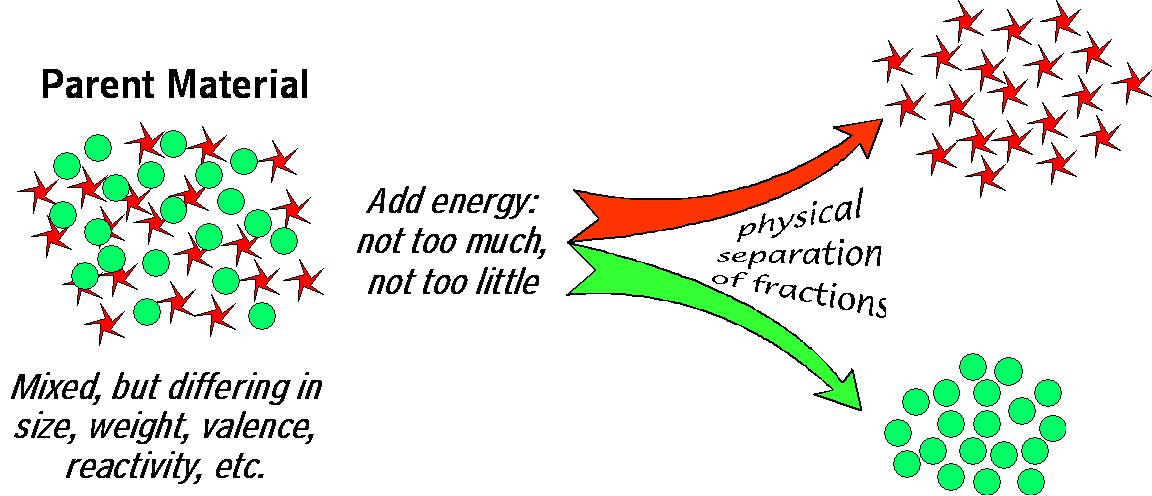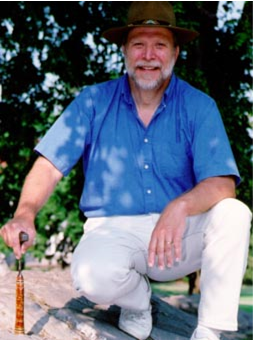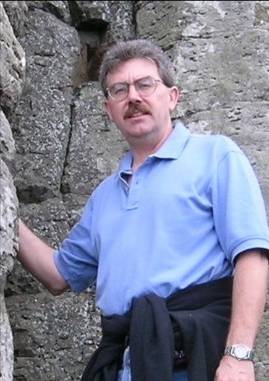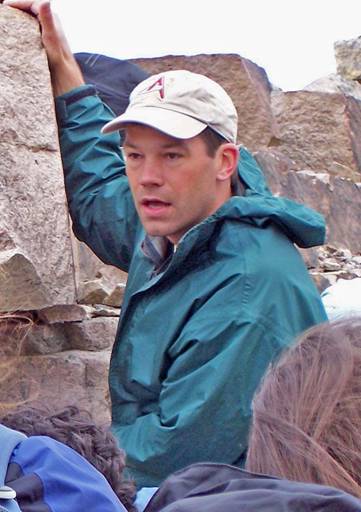James Madison University - Department of Geology & Environmental Science
Evolution is More Than Darwinism:
Elaborating, Self-Organizing, and Fractionating Systems
Expanding Evolutionary Theory Beyond Darwinism with Elaborating, Self-Organizing, and Fractionating Complex Evolutionary Systems
Fichter, Lynn S., Pyle, E.J., and Whitmeyer, S.J., 2010, Journal of Geoscience Education (in press)Fractionating Evolutionary Mechanisms

Fractionation as a process is pervasive in natural systems (rock and atmospheric evolution, biochemistry, etc.) and is a widespread and well understood industrial process (e.g. fractionation of petroleum, and purification of almost any thing you can imagine.) Engineers, physical chemists, physicists have developed analytical and sophisticated models for these systems. Fractionation is not a mystery.
On the other hand, we are unaware of any computer based experimental programs that explore principles of fractionating evolution, either in the spirit of the General Evolutionary Algorithm for elaborating evolution, or comparable to the many specific self-organizing evolutionary algorithms. That is, a model with simple rules that can be tuned to explore how different conditions result in different outcomes. The one exception to this are oscillating reactions which we talk about under self-organization. But, part of the self-organizing processes result in fractionation also.
 Lynn S. Fichter
Lynn S. Fichter
 Steve Baedke
Steve Baedke
 Eric Pyle
Eric Pyle
 Steve Whitmeyer
Steve Whitmeyer